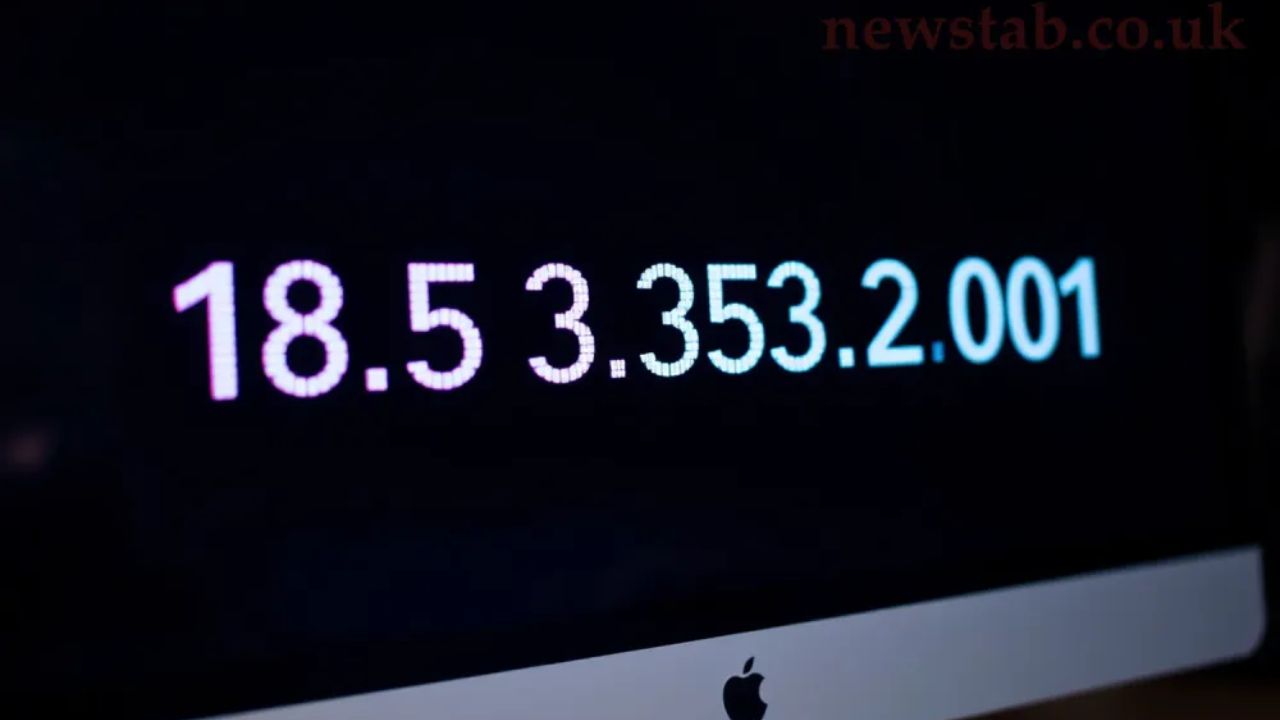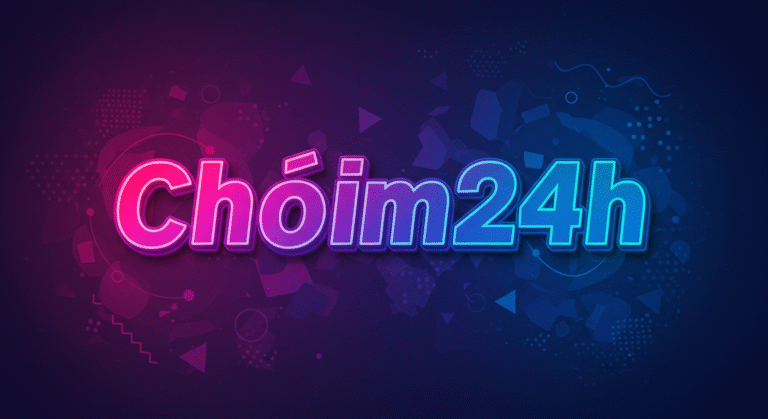
185.63.253.2001
What is 185.63.253.2001 and Why Is It Important?
The digital world is full of strange strings of numbers, and one that has recently caught attention is 185.63.253.2001. While it appears to be an IP address, its format raises some important technical and security questions. Is 185.63.253.2001 a valid IP address? Could it pose a cybersecurity risk? And what should you do if you come across it? This article explores these questions and offers insight into what makes 185.63.253.2001 an anomaly worth understanding.
Understanding IP Address Formats and Standards
To fully grasp why 185.63.253.2001 is unusual, it’s important to understand how IP addresses are structured.
IPv4 vs. IPv6
-
IPv4 addresses are composed of four numerical segments (octets) separated by periods. A valid IPv4 address might look like
185.63.253.200. -
IPv6 addresses, on the other hand, use hexadecimal numbers and colons (e.g.,
2001:0db8:85a3:0000:0000:8a2e:0370:7334).
Given these standards, 185.63.253.2001 does not qualify as either a proper IPv4 or IPv6 address.
Heading: Is 185.63.253.2001 Technically Valid?
The short answer is no—185.63.253.2001 is not a valid IP address in either IPv4 or IPv6 format. Let’s break this down:
-
In IPv4, there can only be four sets of numbers, each ranging from 0 to 255. “2001” exceeds this range.
-
It also doesn’t fit into the IPv6 format, which uses a completely different structure.
So what could 185.63.253.2001 actually be?
Subheading: Possible Interpretations of 185.63.253.2001
While 185.63.253.2001 is not valid on its own, there are a few ways it might be misinterpreted:
-
Typo or Misconfiguration: It’s possible the IP address was meant to be
185.63.253.200:1, where:1refers to a port number. -
Phishing or Scam Address: Cybercriminals often create fake IP-style links to confuse users or mask malicious intent.
-
Encoding Error: Sometimes systems or log files may corrupt data and merge values together.
In any of these scenarios, caution is advised.
Heading: Security Concerns Surrounding 185.63.253.2001
If you see 185.63.253.2001 linked in a message, email, or website, treat it as a red flag. Suspicious-looking IPs like this may be associated with harmful content.
Potential Threats Include:
-
Phishing attacks – designed to trick you into entering personal information.
-
Malware downloads – using deceptive links to spread viruses or spyware.
-
Botnet command IPs – where infected systems contact a central server.
Subheading: Steps to Take if You Encounter 185.63.253.2001
To protect yourself online, here’s what you should do if you come across the suspicious IP address 185.63.253.2001:
-
Avoid Clicking It: Never click on unfamiliar or oddly formatted links.
-
Run a WHOIS Lookup: Tools like ARIN or IPVoid can help determine whether the base IP (
185.63.253.200) is assigned to a legitimate provider. -
Use Antivirus Software: Make sure your devices are protected by reputable security tools.
-
Block the Address: Use firewall settings to restrict connections to potentially dangerous IPs.
Heading: The Role of Port Numbers and IP Confusion
As previously mentioned, 185.63.253.2001 could be a miswritten attempt at including a port number.
What is a Port Number?
-
A port is a communication endpoint.
-
When written properly, an IP with a port might look like
185.63.253.200:443(commonly used for HTTPS).
If 185.63.253.2001 is meant to indicate port 2001, the correct formatting would require a colon—not an extra segment.
Heading: Investigating the Real IP – 185.63.253.200
You might consider examining the base IP 185.63.253.200 to see if it’s part of a known hosting provider or suspicious domain.
-
Use online tools like AbuseIPDB to check for reports of malicious activity.
-
Search for reverse DNS information to find any domain names connected to the IP.
-
Investigate network logs to detect any suspicious activity on your network from that IP.
This can help you understand whether 185.63.253.2001 is a misleading version of a legitimate address.
Subheading: How to Stay Safe from IP-Based Threats
Cybersecurity isn’t just for experts—it’s essential for everyone. Here are a few tips to help you stay secure:
-
Stay Informed: Learn to recognize common scams and IP anomalies.
-
Use HTTPS: Avoid visiting websites without secure (HTTPS) connections.
-
Don’t Trust Strange Numbers: If an IP looks off—like 185.63.253.2001—do your research before trusting it.
Final Thoughts on 185.63.253.2001
In conclusion, 185.63.253.2001 is not a legitimate IP address and likely represents a typo, misconfigured string, or a malicious attempt to obscure a URL or IP. Whether it’s a scam, a mistake, or a deliberate obfuscation, this string should be approached with skepticism.
If you encounter 185.63.253.2001, don’t take it at face value. Check the source, validate its format, and always prioritize your digital safety.







